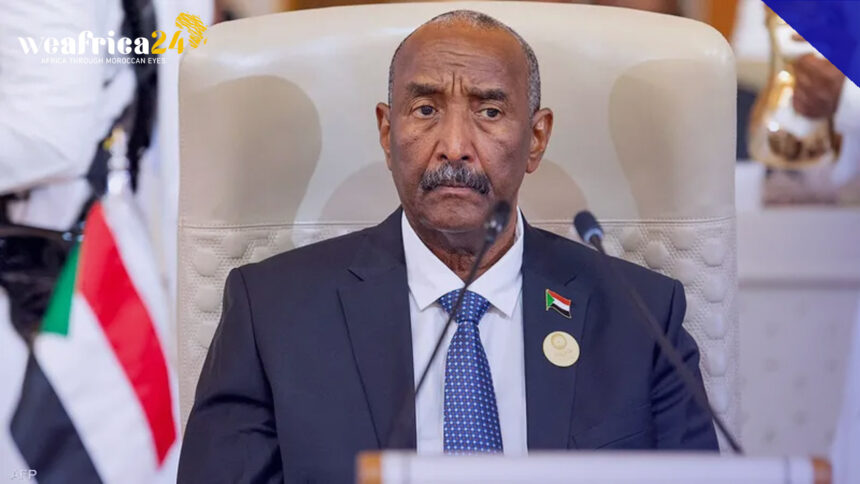As the conflict in Sudan approaches its ninth month, the deepening divide between the warring factions, the army, and the Rapid Support Forces (RSF), complicates the prospects for resolving the crisis. The RSF, led by General Mohamed Hamdan Dagalo, known as “Hemeti,” recently committed to a set of principles in a declaration with the civilian coalition “Forces of Freedom and Change” (FFC) in Addis Ababa last Tuesday.
The agreement aimed at an immediate and unconditional cessation of hostilities through direct negotiations leading to a similar commitment from the army. However, Army Chief Abdel Fattah al-Burhan, addressing soldiers in the military area of Jbeit in eastern Sudan, declared his refusal to negotiate with the RSF.
As the RSF makes significant territorial gains, expanding its control over more than 80% of Khartoum, Darfur, and large parts of Kordofan in the west, the army intensifies popular mobilization led by elements of the former regime ousted by the April 2019 popular uprising.
A scheduled direct meeting between al-Burhan and Hemeti on December 28, according to the outcomes of the African Union Development Agency (AUDA) summit on December 9, was postponed for technical reasons. AUDA officials indicate that the meeting is expected to take place in early January. However, recent statements by al-Burhan cast doubt on the possibility of a prompt meeting.
Observers outline three possible scenarios for Sudan’s future in the current uncertain situation. The most favorable involves succumbing to regional and international pressures, leading to a meeting between the army and the RSF commanders. This could result in a ceasefire and the initiation of efforts to end the humanitarian suffering caused by the war.
Political analyst Wael Mahgoub believes in the possibility of a meeting, attributing the delay to the desire to allow leaders of AUDA member states and representatives of the international community to attend after the year-end holidays. Mahgoub dismisses the Sudanese foreign ministry’s justification for the meeting’s failure, stating that the Djiboutian foreign ministry’s statement contradicts its Sudanese counterpart.
Journalist Sabah Mohamed Hassan also supports this scenario, stating that negotiations would proceed whether al-Burhan attends or not. She argues that the delay was to facilitate the participation of AUDA leaders and international representatives.
The second scenario involves further delays in holding the meeting, complicating the situation on the ground. According to observers, delaying negotiations could lead to an increased expansion of the RSF forces on the ground, potentially invading more cities or prompting international actors to take measures that could tilt the balance against supporters of the war.
The third and most dangerous scenario, according to analysts, involves dragging the popular resistance into the conflict, leading to widespread chaos and a substantial increase in the human and material cost of the war. Suleiman Sandal, the leader of the Justice and Equality Movement (JEM), warns against the dangerous consequences of popular mobilization, stating that negative incitement and instigating ethnic and tribal tensions could turn into positive energy towards peace.
In conclusion, the current situation in Sudan presents complex challenges with three potential scenarios. The nation’s fate hinges on navigating regional and international pressures, holding a timely meeting between military and RSF leaders, and avoiding the dangerous path of involving the populace in the conflict. The ultimate loser in this situation would be the nation itself and all parties involved.







